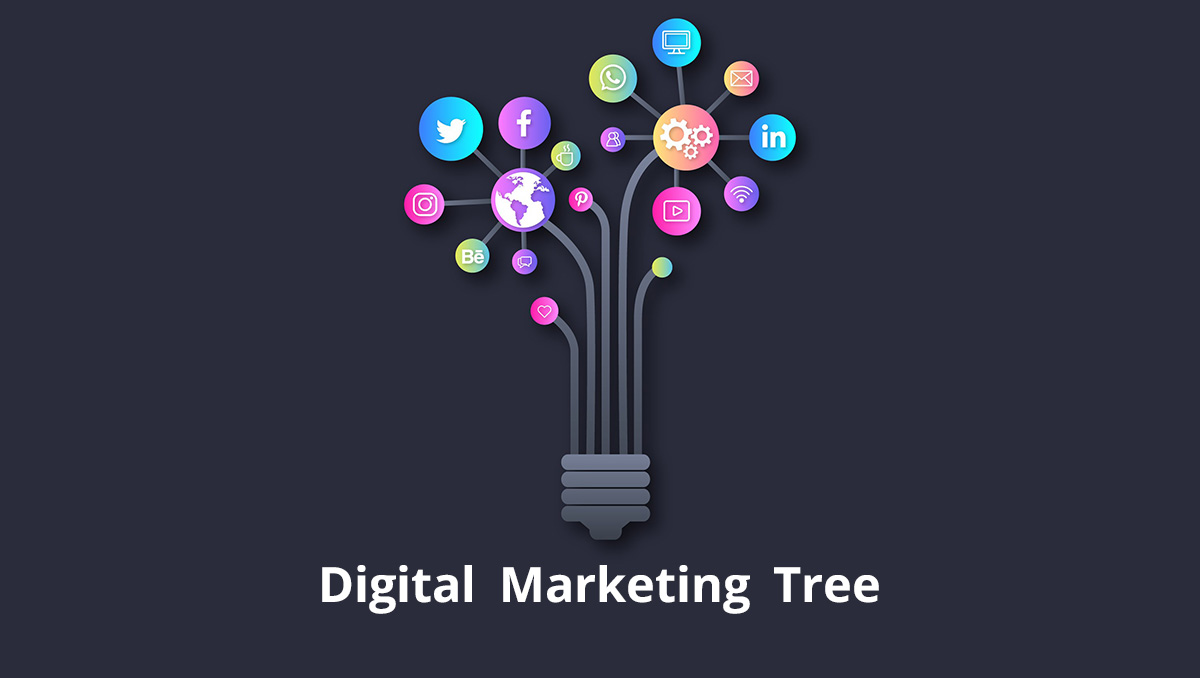Boosting Business Success with Mobile App Innovation
What is the mobile app?
A mobile app, short for "mobile application," is a
software program or application specifically designed to run on mobile devices,
such as smartphones and tablets. These applications are developed to provide a
wide range of functionalities and services to users on their mobile devices.
Mobile apps can be categorized into
two primary types:
- Native
Apps: Native apps are designed and developed for a specific mobile
operating system (OS), such as iOS for Apple devices or Android for
Android-powered devices. These apps are optimized to take full advantage
of the features and capabilities of the target OS and device. Users
typically download native apps from official app stores, like the Apple
App Store or Google Play Store, and install them on their devices.
- Web
Apps or Progressive Web Apps (PWAs): Web apps are accessed through a
web browser on a mobile device and do not require installation from an app
store. Users can interact with web apps by visiting specific websites.
Progressive Web Apps (PWAs) are a specific type of web app that offers
enhanced features and functionalities, often resembling native apps in
terms of user experience and offline capabilities.
Mobile applications serve a diverse
range of purposes, including but not limited to:
- Social
networking and communication (e.g., Facebook, WhatsApp).
- Entertainment
and gaming (e.g., streaming services, mobile games).
- Productivity
and business tools (e.g., email clients, project management apps).
- E-commerce
and online shopping (e.g., Amazon, eBay).
- Navigation
and mapping (e.g., Google Maps).
- Health
and fitness tracking (e.g., fitness apps, health trackers).
- Education
and learning (e.g., language learning apps, educational resources).
- Utilities
and tools (e.g., weather apps, flashlight apps).
- News
and information (e.g., news apps, weather forecasts).
Mobile apps have become an integral part of modern life,
providing users with on-the-go access to information, services, and entertainment.
They play a pivotal role in both personal and professional contexts, offering
convenience and specialized functionality tailored to the needs of mobile
device users.The world of mobile applications continues to evolve, with new
innovations and functionalities emerging regularly to meet the demands of
mobile device users.
Mobile apps offer numerous advantages
for businesses, making them an essential part of modern-day operations. Here
are some key benefits:
- Enhanced
Customer Engagement: Mobile apps provide a direct and continuous
channel of communication with customers. You can send personalized
messages, promotions, and updates, increasing customer engagement and
loyalty.
- Improved
Customer Experience: Apps offer a user-friendly and convenient way for
customers to interact with your business, leading to a better overall
experience and satisfaction.
- Accessibility
and Convenience: Users can access your products or services anytime,
anywhere, providing unparalleled convenience and accessibility that fosters
loyalty.
- Increased
Sales and Revenue: Mobile apps make it easy for customers to browse
and make purchases, leading to increased sales and revenue. In-app
purchases and mobile payment options further boost sales.
- Data
Collection and Insights: Apps collect valuable data on customer
behavior and preferences, enabling you to make data-driven decisions,
personalize marketing efforts, and refine your offerings.
- Streamlined
Operations: Mobile apps can automate various processes, from inventory
management to appointment scheduling, leading to increased efficiency,
reduced operational costs, and improved productivity.
- Competitive
Advantage: Businesses with well-designed and functional apps gain a
competitive edge by offering superior customer experiences and staying
ahead of competitors.
- Marketing
Opportunities: Apps provide a platform for targeted marketing efforts,
such as push notifications and personalized offers, increasing the
effectiveness of marketing campaigns.
- Brand
Loyalty: Apps often include loyalty programs, rewards, or discounts,
encouraging repeat business and fostering strong brand loyalty.
- Offline
Access: Some app functionalities can work offline, ensuring users can
access essential features even without an internet connection.
- Customization:
You can tailor the app to your business needs and branding, creating a
unique and personalized experience for users.
- Efficiency
and Productivity: For internal use, apps can streamline business
operations, improve internal communication, and enhance employee
productivity.
- Global
Reach: Apps can extend your business's reach to a global audience,
breaking geographical barriers and opening up new markets.
- Feedback
and Reviews: Apps facilitate user feedback and reviews, providing
valuable insights for continuous improvement and customer satisfaction.
- Security:
You can implement robust security features in your app to protect user
data and transactions, enhancing trust and reliability.
- Scalability:
As your business grows, your app can scale with you, adapting to
accommodate a larger customer base and more complex operations.
- Brand
Visibility: Having an app icon on a user's home screen keeps your
brand visible, reinforcing brand awareness and recognition.
- Cost-Effective
Marketing: Apps can reduce marketing costs compared to traditional
advertising methods, such as print or TV ads.
- Innovation
Showcase: A well-designed app demonstrates your business's commitment
to innovation and staying current with technology trends.
- Customer
Support: Apps can include features for customer support, making it
easier for users to get assistance and support when needed.
In summary, mobile apps offer
businesses a wide range of advantages, from improved customer engagement and
increased revenue to enhanced efficiency and competitiveness. They are a
valuable asset for businesses looking to thrive in the digital age and meet the
evolving needs of their customers.
 Lumen Softtech
●
2023-10-30 15:22:26
Lumen Softtech
●
2023-10-30 15:22:26

.png)



